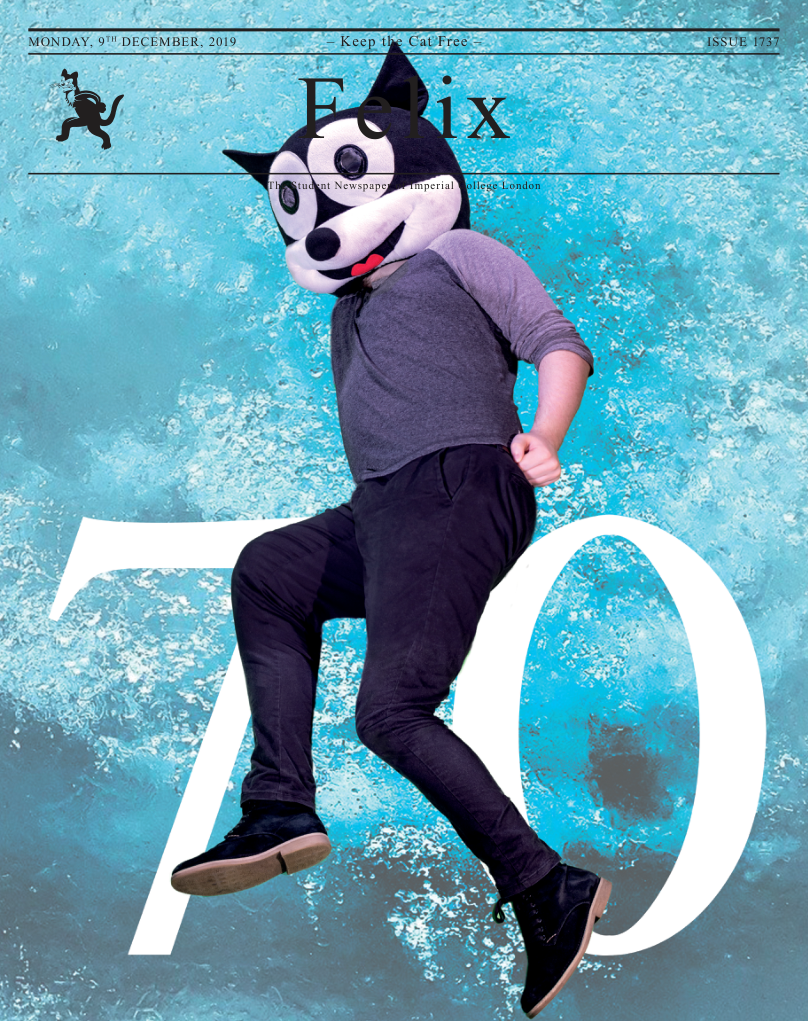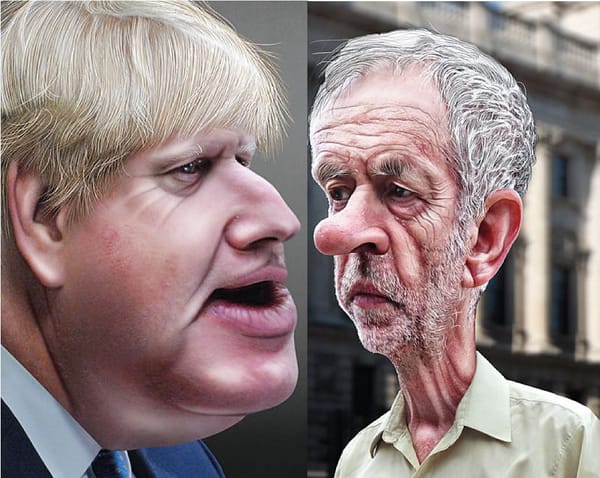Sports Editor’s Experience of the Relationship Between Sport and Mental Health
Sports Editor Imraj Singh shares his experience of sport and the stabilising quality it has on a chaotic life. He reflects on being a carer, mental health, and how sport can be used for self-care (and destruction).

For Felix’s 70th Anniversary we’ve asked sports clubs for content on mental health in sport. I am happy to see that Imperial athletes, alongside their sport AND studies, run a range of campaigns spreading mental health awareness. Additionally, some teams have taken steps to promote welfare by having designated welfare positions within their clubs. This focus on mental health in sport can be somewhat attributed to a societal shift in attitude. The typical British attitude of a ‘stiff upper lip’ is being replaced by an openness as a sign of strength.
It takes a lot more strength to process and be open about mental health than ignore it. With that in mind I will share my own experience of mental health in sport.
I’m from Scotland and as a wee wean I played football. I was the kid that’s thrown in as goalie on the third team. Yep, I was bad. After football I began scouts and tried mountain biking, hiking etc. I was also part of a hockey club. I was better at these activities, but I never became serious with any of them. Unfortunately, it was around this time that my family life became chaotic and stressful. One of my siblings had been getting into trouble at school and this steadily worsened. It culminated in them being imprisoned. Additionally, another sibling’s mental health deteriorated leading to them being hospitalised. These stresses contributed to me neglecting sport and choosing less wholesome activities. I did start heading to the gym recreationally and through that I met a mate who convinced me to start American football. Up to that point I had only tried some mixed martial arts and rugby, but from that I really enjoyed contact.
In Britain, rugby is often held at a higher esteem than American football. I feel this is unjust. They are both very different and I’d describe rugby as a contact sport and American football as an impact sport. This distinction is important as it gives insight as to why I came to like it so much. Arguably, the tackles in American football are more aggressive; gang-tackling and tackling in mid-air are common. Each “play” is typically seconds, whilst rugby “phases” tend to be longer. My stamina wasn’t the best, but I was quick on my feet and happily volunteered as a human battering ram; for those reasons I fell in love with American football. That year we made it to the national championships in Doncaster and I was awarded the defensive most valuable player that year.
I kept playing American football through my A-level equivalents (called Advanced Highers). At that time, weekends were spent visiting psychiatric wards or prison. Having to reconcile my role as a young carer and general teenage angst was difficult. It led me to not being able to open-up about my role as a carer for several years, if I’m honest I still struggle opening up now. American football provided me with stability, a second family, and a place to escape chaos. I credit sport as a contributing factor to achieving my grades and securing my place at Imperial.
Prior to starting at Imperial, I undertook a year-in-industry in Kent. This was a big move for a seventeen-year-old, but it was an opportunity to allow my family to heal (without having to worry about me) and to save for Imperial. In hindsight, my stoic ‘selfless’ act was not wise, and I recognise lots of alarming indications of dire mental health. It was an extremely isolating experience. I recall weekends where I didn’t leave my room or speak to anyone. Luckily there was a one sweet release: American football. I found a local team a short train ride away. With that team we made it to the national championships. That year I developed a toxic relationship with the sport and began getting frequent injuries. The toll was two concussions, a badly contused thigh and sprained ankle. These injuries didn’t stop me playing. Not wanting to let down my team, I put my body on the line.
At Imperial I kept playing American football. My injuries weren’t that serious, nothing life changing, up until the end of first year. It was the old boys’ game (of all games!) where I managed to tear off half my groin. After a few months of re-learning to walk and run I decided I was fit to play another season, but my body wasn’t having it. I ended up retiring during my second year. I still sorely miss American football; it is the only sport I have ever been remotely good at. This highlights the darker side of sport; sport giveth and sport taketh - make sure it doesn’t take too much.
Sport has had a profound impact on my mental health. It provided stability, fun, and discipline, but only when boundaries were asserted and I only gave what’s within my capacity. There are many resources available at Imperial if you are struggling with your mental health. Sport can be one of these resources and I would urge you to give it a go if you’re interested.







